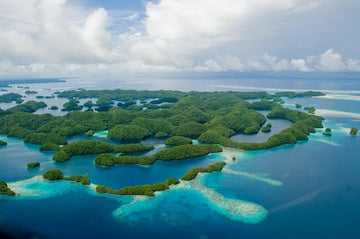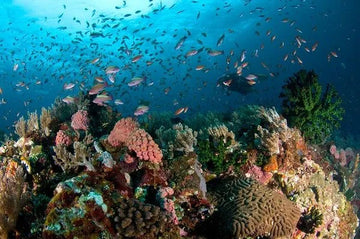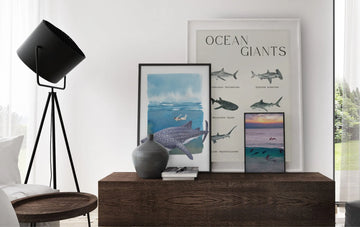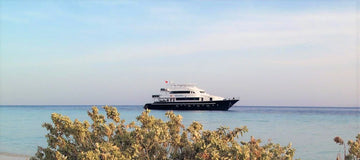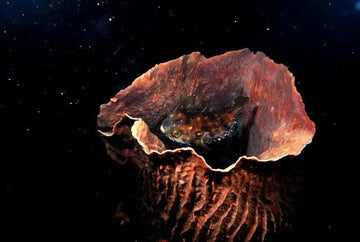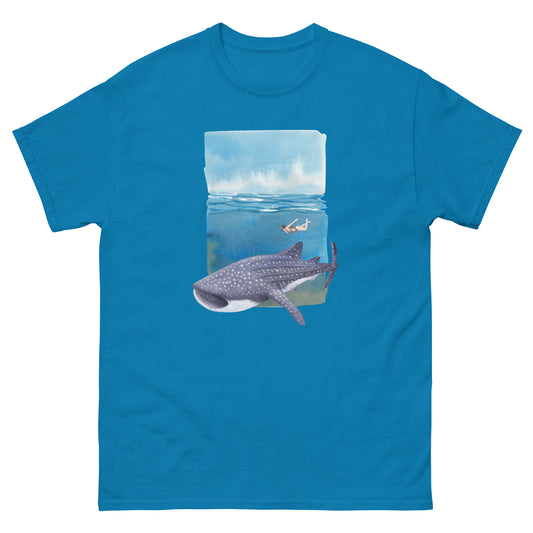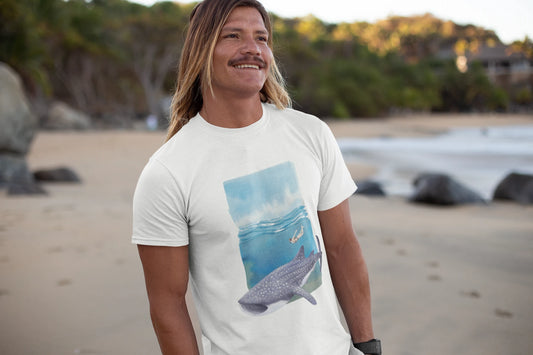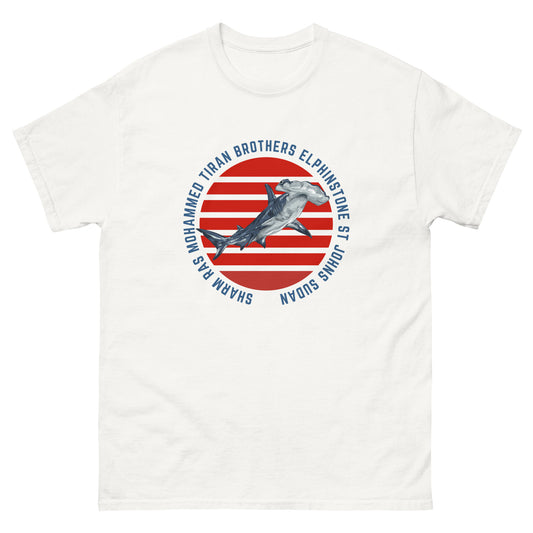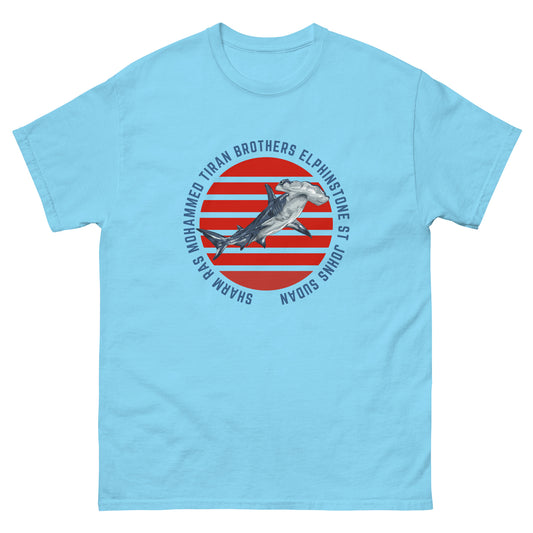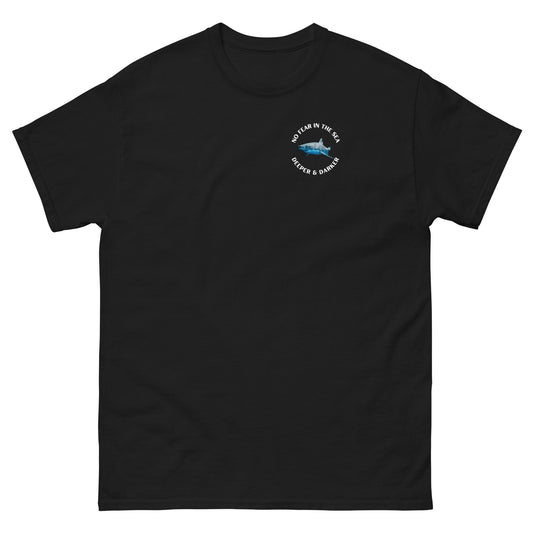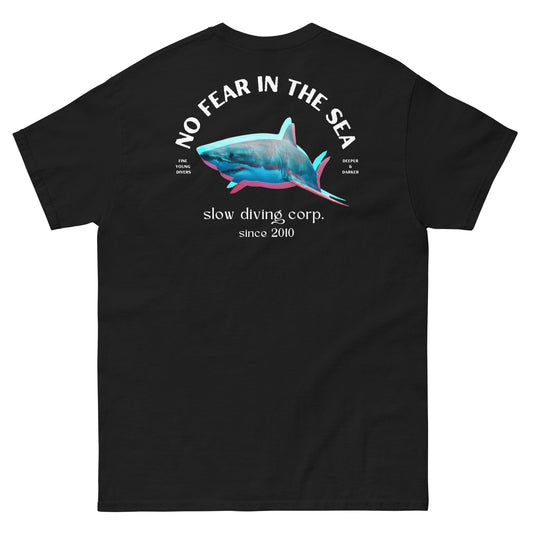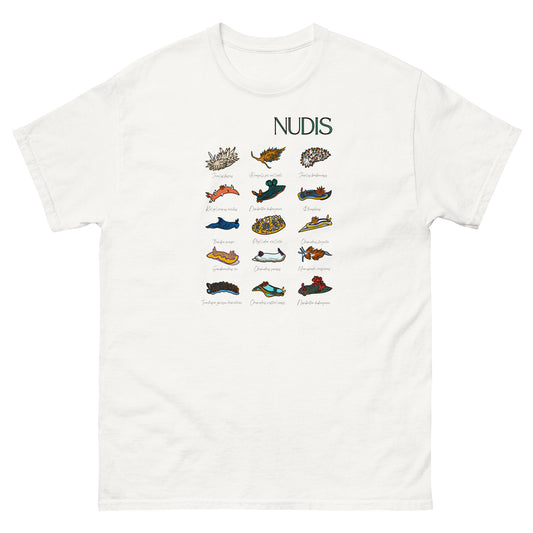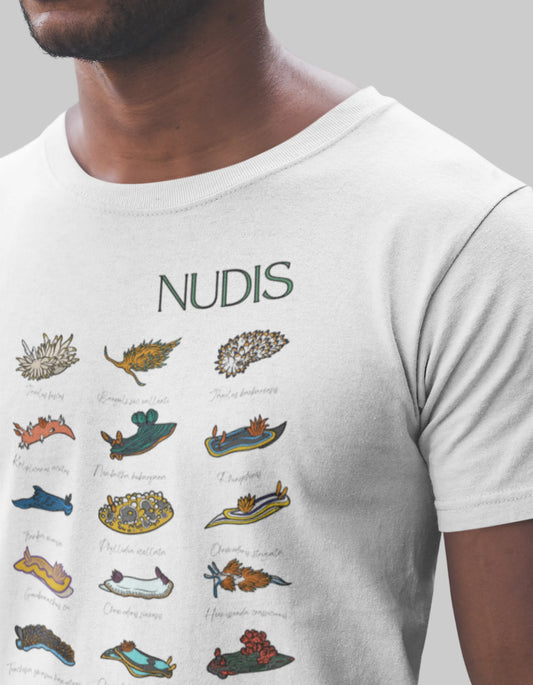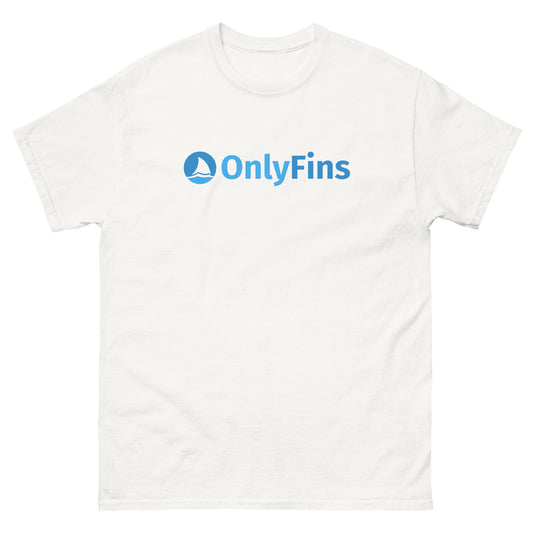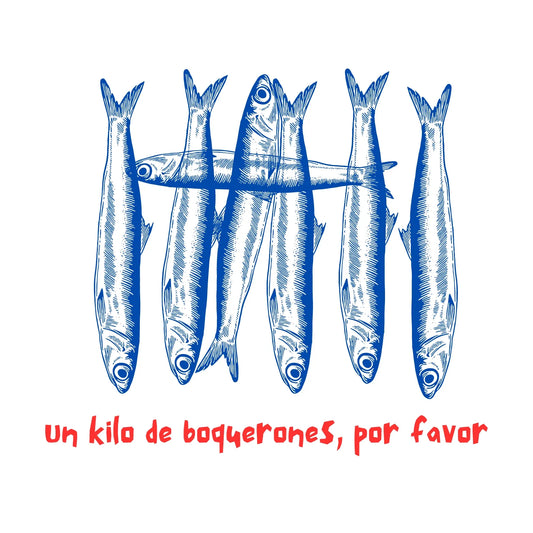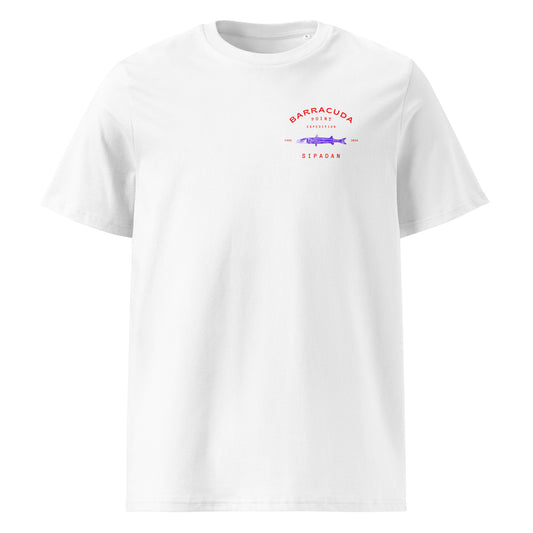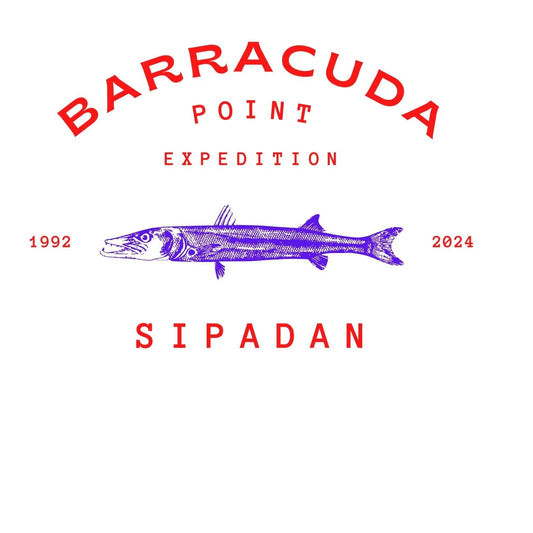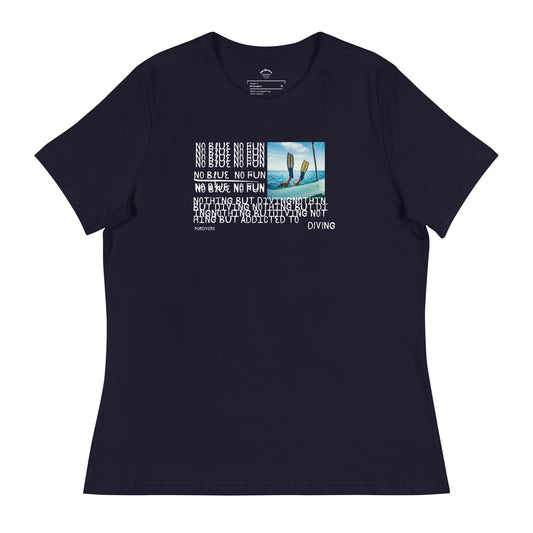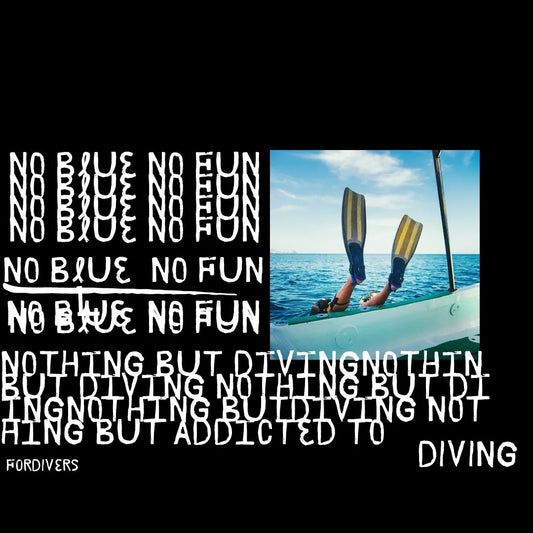Palau, The small Republic of Micronesia, made up of more than 300 coral and volcanic islands, has banned commercial fishing in its waters to encourage tourism and diving. Palau has become a marine sanctuary.
Palau's President Tommy Remengesau Jr. said in a speech at a UN meeting on oceans and seas that once the fishing contracts it has with Japan, Taiwan and some other private companies expire, only residents and tourists will be allowed to fish.
Remengesau said they want to establish "a marine sanctuary that will allow Palau to preserve a pristine environment to promote snorkeling, diving and ecotourism" as an alternative way to grow its economy. "The big difference in the future," Remengesau said, "is that by fishing we will only be feeding ourselves and the tourists. Right now we are also feeding millions of people outside our territory.
The world's first shark sanctuary
Earlier, in 2009, Palau established the world's first shark sanctuary by banning commercial shark fishing in its territorial waters and also passed the most restrictive law against trawling. Remengesau confirmed to the UN that he sees fish stocks declining every year, and that the size of the fish is also decreasing. With a marine sanctuary, he said, "we will do our part to make sure that we have a healthy population of fish in Palau that can then migrate to other places." It should be noted that Palau shares maritime borders with the Philippines and Micronesia.
Remengesau confirmed that a large number of divers who come to Palau come to dive with sharks, some of which, like the whale shark, can live up to 100 years. According to a study prepared by the same Palau government, a live shark brings in $1.9 million over its lifetime as a "tourist attraction," compared to a dead shark worth several hundred dollars when its fins are sold.
Million Dollar Reef Shark from Mullberry Studio
To enforce the ban on commercial fishing, Remengesau said Palau is working with potential partners to obtain radar equipment and drones to monitor its waters. During the conference at the UN, Remengesau also said that climate change and global warming are having a serious impact on his country: "Both Palau and other Pacific islands have a huge amount of what we call erratic weather patterns that bring typhoons, storms and all kinds of destructive forces to the islands," he said. "We have other problems like rising sea levels that threaten our country." Palau has also called on the United Nations to adopt as a new goal cleaning up the world's oceans, restoring fish stocks and bringing some equity to the resources taken by others.

